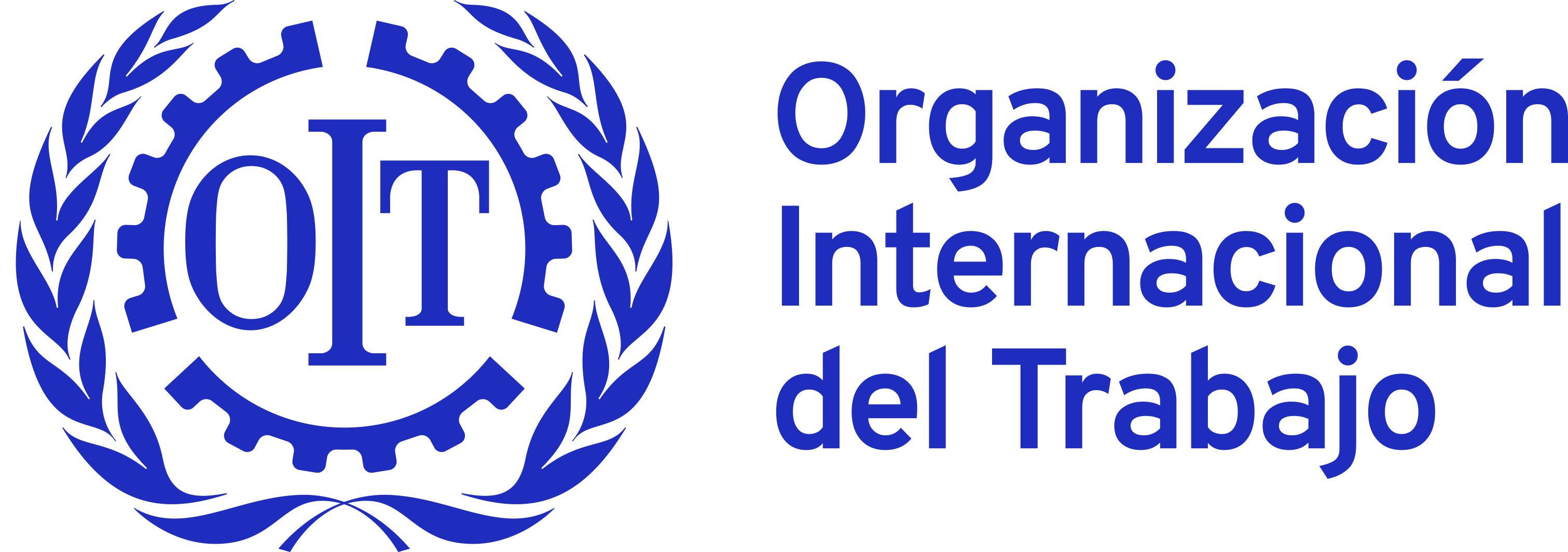CEPES in the international agenda of the Social Economy.
CEPES is committed to the development of the European and global social economy. His leadership has made CEPES a benchmark and interlocutor for Spanish social economy companies before the EU Institutions and International Organisations.
The social economy: a key actor for an inclusive and sustainable recovery for Europe and globally.
The social economy represents around 7% of the global gross domestic product (GDP) and global employment according to the Secretary General of the United Nations (Report "Cooperatives in social development." 2017) who identifies the Social Economy as an alternative growth model that seeks a new balance between economic efficiency and social and environmental resilience (“Socially just transition towards sustainable development: the role of digital technologies in social development and the well-being of all” 2020 ).
The European Institutions and international organizations are committed to the Social Economy as a key driver of economic and social development:





CEPES is committed to the development of the European and global social economy. His leadership has made CEPES a benchmark and interlocutor for Spanish social economy companies before the EU Institutions and International Organisations.
- CEPES holds the presidency of Social Economy Europe (SEE), the representative organization of the 2.8 million social economy companies in the EU that employ 13.6 million people. SEE is the interlocutor of the Social Economy of the EU before the European Commission and the Social Economy Intergroup of the European Parliament.
- CEPES is a member of the European Economic and Social Committee, the consultative body of the EU for European policies in the social, business, economic and environmental fields.
- CEPES leads the Euro-Mediterranean Social Economy Network (ESMED), the platform that It gives voice to the 1 million Social Economy companies in Algeria, Egypt, Spain, France, Italy, Morocco, Portugal, Tunisia and Turkey that employ more than 8 million people. ESMED defends the interests of the Social Economy before the Union for the Mediterranean (UfM), which is the intergovernmental organization formed by a total of 42 member states of the EU and the Mediterranean basin.
- CEPES is a member of the International Cooperative Alliance (ICA) and from COOPERATIVES EUROPE. It also collaborates with international organizations of the social economy: the International Network of Social and Solidarity Economy and the Global Social Economy Forum.
- CEPES works with the International Labor Organization (ILO) and the Organization for Economic Co-operation and Development (OECD) in its initiatives to promote the social economy at a global level.
The social economy: a key actor for an inclusive and sustainable recovery for Europe and globally.
The social economy represents around 7% of the global gross domestic product (GDP) and global employment according to the Secretary General of the United Nations (Report "Cooperatives in social development." 2017) who identifies the Social Economy as an alternative growth model that seeks a new balance between economic efficiency and social and environmental resilience (“Socially just transition towards sustainable development: the role of digital technologies in social development and the well-being of all” 2020 ).
The European Institutions and international organizations are committed to the Social Economy as a key driver of economic and social development:

In December 2021, the European Commission Communication “Building an economy that works for people: an action plan for the social economy” (COM(2021) 778 final) includes a battery of measures to promote companies in the Social Economy because "they create and maintain quality jobs, contribute to social inclusion and integration in the labor market of disadvantaged groups and equal opportunities for all, promote sustainable economic and industrial development, promote the active participation of citizens in our societies, play an important role in the European social protection systems and revitalize the rural and depopulated areas of Europe”.)

The Organization for Economic Cooperation and Development (OECD) has launched the Global Action to promote ecosystems favorable to the Social Economy and support its internationalization. CEPES led in 2021 within the framework of the "Global Action" of the OECD, the project “Legal Ecosystems for Social Economy- Peer Learning Partnership” (PL4SE – PLP) aimed at promoting favorable legislative frameworks for the Social Economy at an international level.

The International Labor Organization (ILO) identifies the Social Economy as a fundamental part of the private sector that contributes to decent work, productive employment and improved living standards for all people (ILO Centenary Declaration for the Future of Work 2019). The ILO is supporting the Social Economy through the organization of Academies of Economics Social and Solidarity such as the one organized in Madrid by the ILO, the Ministry of Labor and CEPES in 2019 on "The Social Economy in the Future of Work".

The Ibero-American General Secretariat has recognized the integral role of cooperatives and other organizations of the Economy Social "whose principles of productivity, competitiveness, complementarity, solidarity and above all social responsibility, strengthen the participatory nature of our democracies, promote the generation of jobs, support the fight against poverty, call for integration and social cohesion in particular of women , young people, adults and people with disabilities, generating development conditions". (Ibero-American Summit of Montevideo.2006 )

The Ministries of Labor and Employment of the 43 Member States of the Union for the Mediterranean consider that “the social and solidarity economy is not only an alternative way of providing economic, social and environmental value, but also a way way to take advantage of resources, create sustainable employment and generate inclusive economic growth in the region” (Ministerial Declaration of the Ministers of Employment and Labor of the Union for the Mediterranean (UfM) (2019)
Infographic
Main facts
43.192
Companies

2.184.234
DIRECT AND INDIRECT JOBS

21.625.063
PEOPLE ASSOCIATED WITH THE SOCIAL ECONOMY



